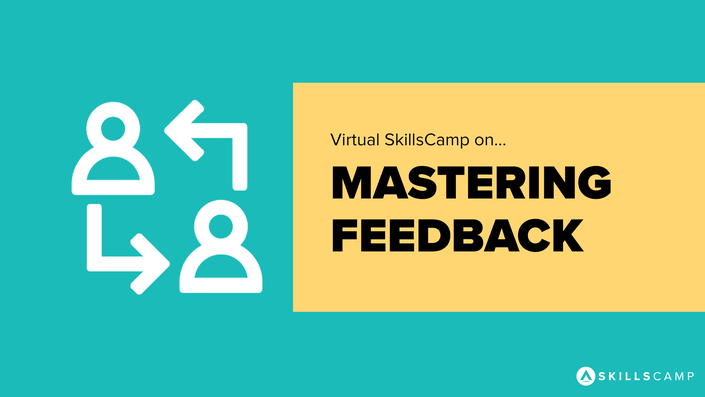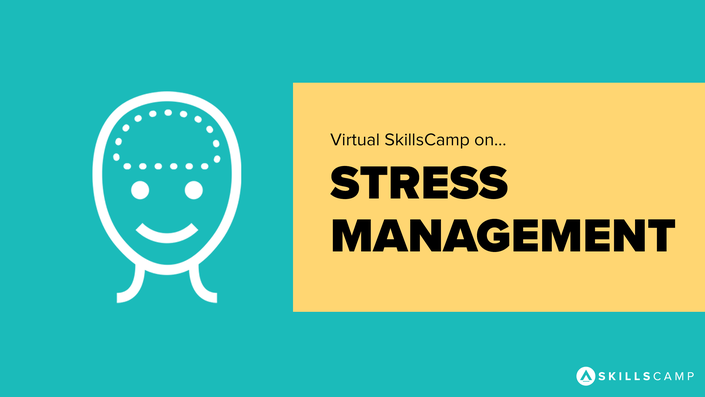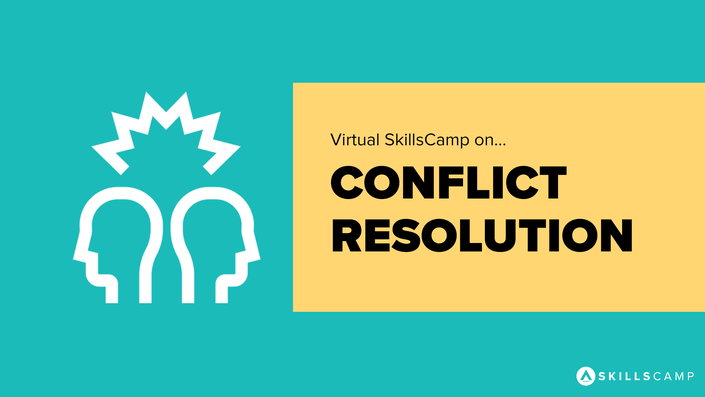Whether you’re a manager, a team member, dealing with clients, or simply interact with people in general, emotional intelligence is increasingly becoming one of the most important skills any individual can have. While most workplace conflicts come from interpersonal conflict, emotional intelligence can help prevent these conflicts and promote a positive culture, higher job satisfaction, and more effective employees. In this workshop, we will break down and explore the component parts of emotional intelligence. You will gain insight and tools you can apply to make your career more effective, satisfying, and successful. By evaluating current strategies used in your role and identifying new strategies, you will be able to apply what you learn to optimize professional performance and working relationships.
LEARNING OUTCOMES
By the end of this course, you will be able to…
Understand the importance of EI in both the personal and professional context
Understand 4 EI domains: self-awareness, self-regulation, social awareness, and relationship management.
Understand yourself much more deeply and particularly how your values, motivators, beliefs, etc. relate to your communication and interpersonal relationships.
More accurately assess the emotions of others and respond accordingly.
Go from a place of "reaction" to a more thoughtful "response" with your emotions and actions.
Communicate more strategically, authentically, and effectivley being able to match your inside thoughts and emotions to your outward actions.
Build stronger relationship more quickly.
“Had the opportunity to experience a presentation from SkillsCamp. Though done remotely and online, their energy came through and distance didn't detract from the validity of her points. Lots of good takeaways and insights to help myself and my company improve. Specifically, the instructor had very relatable examples and a humorous and playful delivery. This could be a dry topic, but they brought it to life in an exceptional way. They recognized the challenge of keeping everyone engaged and had interactive elements to do so. Looking forward to future sessions with SkillsCamp.”
- SkillsCamp Google Review from a Student of Our Online Learning
BENEFITS OF TAKING THIS COURSE
Better professional relationships among employees and/or with your colleagues
Higher ability to “read” clients and colleagues correctly
Improved leadership capability
Improved organizational culture & life satisfaction
Example Curriculum
- 2.0 - You Did it! Welcome! (0:38)
- 2.1 - Introduction & Our Definition (2:10)
- 2.1.1 - EMOTIONAL INTELLIGENCE SELF-ASSESSMENT: How emotionally intelligent are you currently?
- 2.1.1.1 - EMOTIONAL INTELLIGENCE SELF-ASSESSMENT: Results
- 2.1.2 - OPENING POLL: Emotional Intelligence Questions
- 2.1.3 - OPENING POLL: See Other People's Answers
- 2.1.4 - DISCUSSION OF OPENING POLL: Emotional Intelligence Questions (0:33)
- 2.2 - Laws of Emotional Intelligence (& This Course) (2:10)
- 2.3 - 4 Components of Emotional Intelligence (1:56)
- 2.4 SECTION QUIZ: What & Why of Emotional Intelligence
- 3.1 - Our Definition & Importance of Self-Awareness (2:01)
- 3.2 - [Un]consciousness and Self-Awareness (3:30)
- 3.3 - Self Discovery Through Johari’s Window (5:01)
- 3.3.1 - ACTIVITY: Johari's Window Reflection
- 3.3.2 - QUIZ: Johari's Window
- 3.4 My Beliefs & Influences (6:35)
- 3.4.1 - ACTIVITY: What Did You Believe?
- 3.5 - My Self-Regard (1:44)
- 3.5.1 - ACTIVITY: Self-Regard Booster
- 3.6 - My Values (1:23)
- 3.6.1 - ACTIVITY: Values Identifier
- 3.7 - My Motivators (3:49)
- 3.8 - My Stressors (2:06)
- 3.9 - My Strengths & Opportunities (1:25)
- 3.9.1 - ACTIVITY: 16 Personalities Assessment
- 3.10 - Keeping Up With Self-Awareness (1:23)
- 3.11 - SECTION QUIZ: Self-Awareness
- 4.1 - Our Definition & Importance of Self-Management (4:42)
- 4.2 - 3-Step Process to Improve Self-Control (4:34)
- 4.2.1 - ACTIVITY: 3-Step Process to Improve Self-Control
- 4.3 - Reacting vs. Responding (4:30)
- 4.4 - Stress Reactions & Self Management (1:31)
- 4.4.1 - ACTIVITY: Stress Drivers
- 4.5 - Optimism vs. Pessimism (7:25)
- 4.5.1 - ACTIVITY: Switching Into Optimism
- 4.6 - Decision-Making (7:25)
- 4.7 - Living In Accordance To Your Values (3:50)
- 4.7.1 - ACTIVITY: Make Your Values Actionable
- 4.8 - SECTION QUIZ: Self-Management
- 5.1 - Our Definition & Importance of Social Awareness (2:47)
- 5.2 - Empathy (8:06)
- 5.3 - Demonstrating Emotionally Intelligent Listening (11:01)
- 5.4 - Observing Non-Verbal Communication In Others (12:04)
- 5.5 - What Can We Learn About Social Awareness From Film? (7:17)
- 5.6 - Adding Situational Context to Your Social Awareness (5:14)
- 5.6.1 - ACTIVITY: Imagine Different Stories
- 5.7 - Adding Organizational Context to Your Social Awareness (8:06)
- 5.8 - SECTION QUIZ: Social Awareness
- 6.1 - Our Definition & Importance of Relationship Management (6:31)
- 6.2 - Getting to Know People Quickly (8:06)
- 6.3 - Working with Someone you Don't Like (5:32)
- 6.4 - Adding the Lenses of Cross-Cultural Communication, Age, & Other Social Identities (9:04)
- 6.5 - Tips for Teamwork & Collaboration (2:10)
- 6.6 - Conflict Resolution, Feedback, and Other Courses (0:50)
- 6.7 - SECTION QUIZ: Relationship Management



